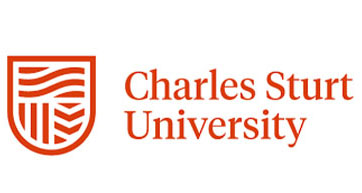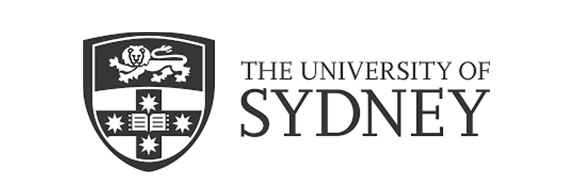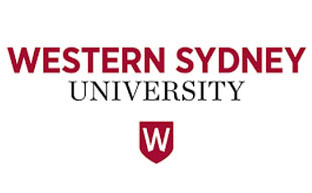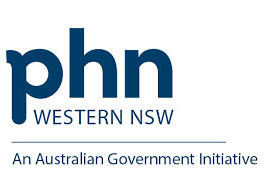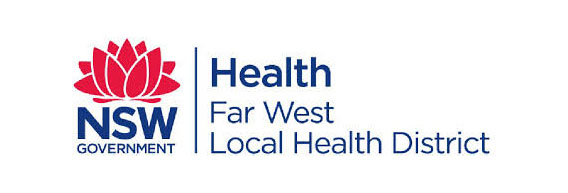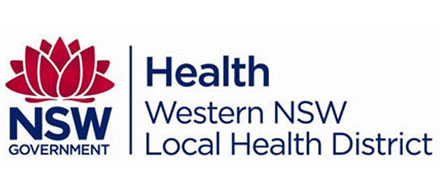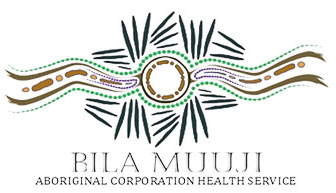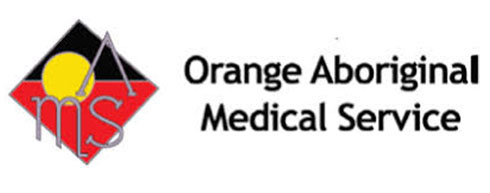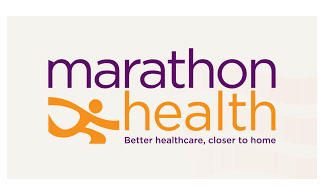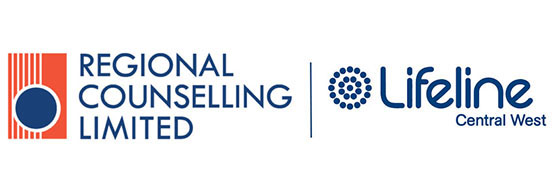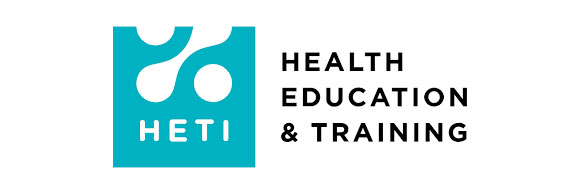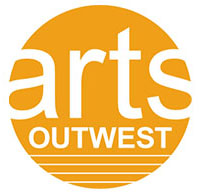June 11 Opening Webinar
Digital and online research for rural communities
The COVID-19 outbreak has had a major impact on all our lives – including those of rural communities and rural researchers. Not only has the WHRN Symposium changed from an in-person conference to an online format, but many research projects and the ways we engage with community has been re-imagined.
Have you ever wanted a clearer picture on the “know how” of conducting digital and online research with rural communities? What are the opportunities and the challenges of conducting rural research online?
Tune in to our first 90-minute WHRN Symposium webinar, a mixture of short “formal” presentations and relaxed “fireside style” chats.
The June 11th session will be hosted by Prof Megan Smith, Executive Dean, Faculty of Science at CSU, with an opening from Scott McLachlan (CE of Western NSW Local Health District) and a closing address from Brendon Cutmore (Director of Aboriginal Health and Wellbeing Directorate, Western NSW LHD).
Other webinar panellists include Mark Lock (Ngiyampaa academic and WHRN co-chair), academics Prof Deb Warr (Three Rivers UDRH) and Prof Faye McMillan (Dijirruwang Program, CSU), Margaret Cashman (AH&MRC ethics), Ricky Puata (Cancer Council Community Engagement)
You’ll have the opportunity to submit questions beforehand or pose real time questions to our panellists. This is a great opportunity to ask practical questions without having to stand in front of a conference floor microphone….. go on WHRN is listening!
REGISTER HERE For this free webinar
Print Program
To submit questions
Slido link to app
PROGRAM – Thursday June 11 12.30 pm to 2 pm
Time | Topic | Speaker | Organisation |
12.30pm | Webinar commencement | Executive Dean, Faculty of Science, CSU and Three Rivers UDRH Advisory Board Member | |
12.35pm | Welcome to Country | TBA | |
12.40pm | Symposium Opening | Chief Executive of WNSW Local Health District | |
12.45pm | WHRN background and current direction | WHRN Co-Chair and Deputy Head of School of Rural Health-Orange campus, University of Sydney | |
12.50pm Presenter 1 | Aboriginal Rural and Regional Research Capacity and Capability – Reorienting Thinking Through a Cultural Safety Lens | Ngiyampaa academic and WHRN co-chair | |
12.57pm Presenter 2 | Topic: TBA | ||
1.04pm Presenter 3 | Issues raised by online research for HREC’s | Dr Kandy (Karolyn) White | Director, Deputy Vice-Chancellor (Research) – Office, Macquarie University |
1.11pm Presenter 4 | Topic TBA | Margaret Cashman | |
7 minutes |
| ||
1.25 pm Presenter 5 | Co-producing research with communities – brief reflections on opportunities and challenges | Senior Principal Research Fellow, Three Rivers University Dept of Rural Health | |
1.32pm Presenter 6 | Cultural safety online with Aboriginal people in rural and regional communities | Director, Djirruwang Program, Charles Sturt University | |
1.39pm Presenter 7 | Topic TBA | ||
1.46 pm Presenter 8 | Topic Closing address | Director of Aboriginal Health and Wellbeing Directorate | |
1.55pm | By us for us with us! Summation and recommendations for working in a digital world. | Executive Dean, Faculty of Science, CSU and Three Rivers UDRH Advisory Board Member | |
Keynote Speakers
Mark Lock is a descendent of the Ngiyampaa people (a tribe of First Nations Australians), English and Scottish Convicts on the First Fleet (the Lucas Clan), Latvian immigrants, and Australian free colonists. My grandmother, Marjorie Woodrow (1926-2016), encouraged me to become educated and make changes for First Nations Australians, as I wrote in an award-winning article for the Medical Journal of Australia’s Dr Ross Ingram Memorial Prize. The long journey of education began with a BSc in Microbiology/Biochemistry and Honours in Nutrition (Deakin University), a Master of Public Health (Menzies School of Health Research), and a Doctor of Philosophy in Public Health (The University of Melbourne).
I received a $742,000 Australian Research Council Discovery Indigenous Grant (2012-2015). Then, in 2016, I founded Committix Pty Ltd to lead my research agenda for cultural safety research and evaluation through the lens of governance and the public administration in Aboriginal and Torres Strait Islander health policy. Leadership roles include Co-Chair of the Western NSW Health Research Network, Co-Chair of the Aboriginal Working Group for Patient Reported Measures with the NSW Agency for Clinical Innovation, and Board Member of the Stolen Generations Council NSW/ACT, as well as numerous research collaborations. Website |LinkedIn |Twitter |Facebook
Deborah Warr is Senior Principal Research Fellow at Three Rivers University Department Rural Health [UDRH] at Charles Sturt University. She is a health sociologist and her current research focuses on an array of health issues in rural community settings, refugee and immigrant health and student learning. She has wide expertise in participatory research methods and commitment to co-designing and co-producing research with organisational and lay community stakeholders. Her published work contributes to theoretical and empirical understanding, methodological debates and research ethics relevant to community-based research.
Faye McMillan is a Wiradjuri yinaa (woman) from Trangie, NSW. Faye is the 2019 NSW Aboriginal Woman of the Year and a Senior Atlantic Fellow (inaugural Atlantic Fellow for Social Equity) and was a founding member of Indigenous Allied Health Australia (IAHA) and was a board member of IAHA from 2009-2017 (and chairperson from 2010-2016) and works at Charles Sturt University (CSU) as the Director of the Djirruwang Program Djirruwang Program – Bachelor of Health Science (Mental Health). Faye holds a Doctor of Health Science, a Master of Indigenous Health Studies, Bachelor of Pharmacy and is Australia’s first registered Aboriginal Pharmacist, Faye also holds a Graduate Certificates in Indigenous Governance from the University of Arizona (USA), and Wiradjuri Language Culture and Heritage and Education (UoM). Her research interests are in Nation Building, Indigenous women in leadership roles; her Doctorate focused these two areas of research into her thesis as well as Mental Health. Faye is also the proud mother to Kye and Ethan, as well as a daughter, granddaughter, sister, aunt and friend, Faye seeks to use her own lived experiences to share with others with the hope that it could make a difference and to appreciate the transformative opportunities that education can provide.
Brendon Cutmore is the WNSWLHD Executive Director of Aboriginal Health and Wellbeing and has worked in health for over 9 years in both the Hunter New England LHD and Western NSW LHD – as a Project Officer, Aboriginal Health Coordinator and Aboriginal Health Manager. Brendon is passionate about Closing the health Gap for Aboriginal people and is committed to achieving this through creating integration across the health system, opening opportunity for staff and communities to share Aboriginal culture and improving the health experience for Aboriginal people and their families. In addition Brendon’s portfolio includes the LHD’s Health Promotion and Public Health Teams and he is excited to be presented the opportunity to work closely with these teams to lead new strategies that positively impact on the health of the broader population. “
Karolyn (Kandy) White has taught ethics and research integrity, including clinical and research ethics, to graduate and post-graduate students, HREC members and health care professionals in Australia and overseas for over twenty-five years. As the Director of Research Ethics and Integrity at Macquarie University she has oversight of all research ethics at the university as well as being Chair of the HREC. She is also on the Advisory Committee of Praxis Australia.
Margaret Cashman Ethics Manager AH&MRC
TBA – Lead | Western NSW Communities , Cancer Council
Webinar MC
Professor Megan Smith is Executive Dean having been appointed to the role in January 2019. Megan has previously held the roles of Head of School of the School of Community Health and inaugural Director, Three Rivers UDRH at Charles Sturt University. She has played an integral role in establishing physiotherapy education and expansion of the program. She is an accreditation panel member for the Australian Physiotherapy Council.
Megan has significant teaching and research experience in health education and practice. Originally graduating from the University of Sydney with a Bachelor of Applied Science (Physiotherapy) and practicing as a clinical physiotherapist, Megan joined the staff at Charles Sturt University in 1999. Her doctoral thesis explored decision making by cardiorespiratory physiotherapists.
Megan is committed to delivering high quality education. Her goal is to positively impact on the health of people whose preference like hers is to live, work and study in rural Australia. Megan’s current research interests are in the area of developing a future rural health workforce that is able to meet the health needs of rural communities. She is particularly interested in the rural allied health workforce
Catherine Hawke – Co-Chair of WHRN
CREDIT: Photo by Holger Link on Unsplash

